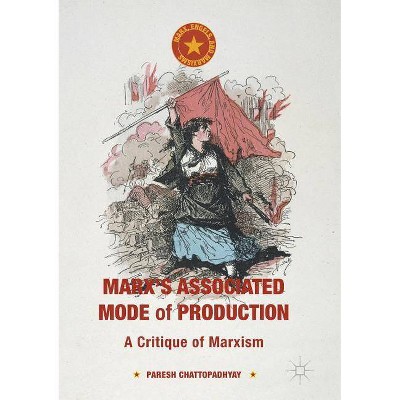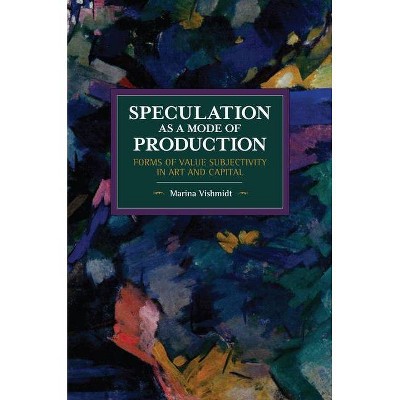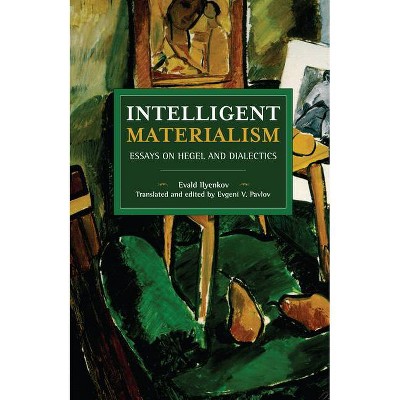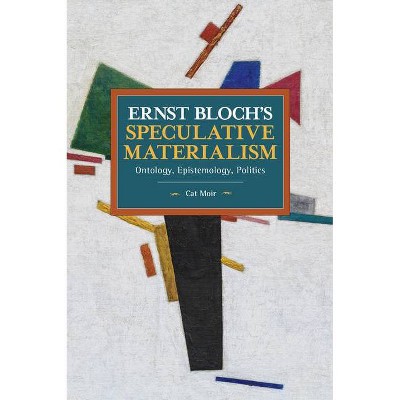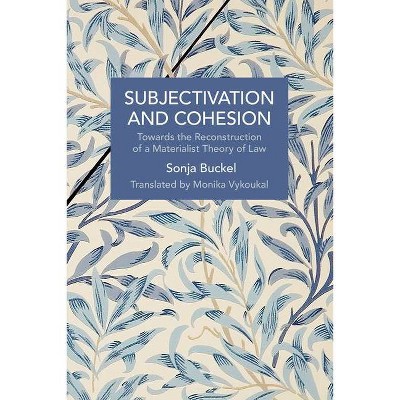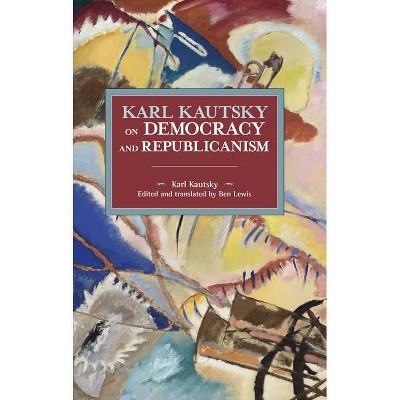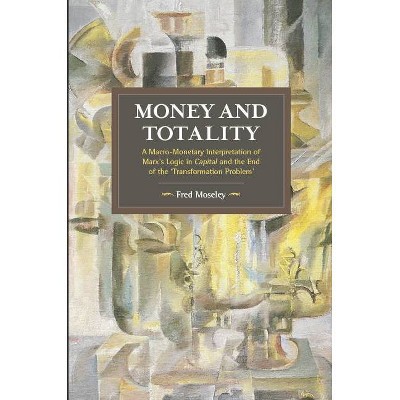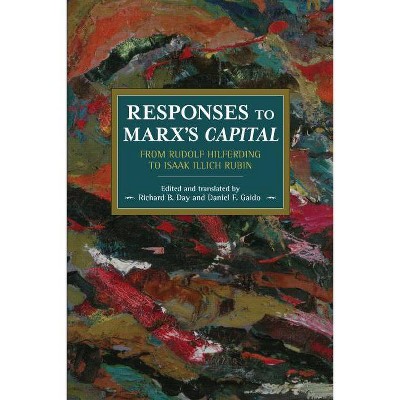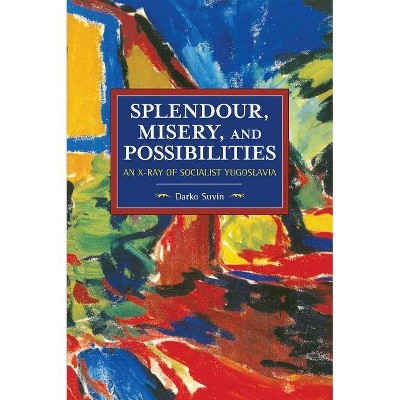Socialism and Commodity Production - (Historical Materialism) by Paresh Chattopadhyay (Paperback)
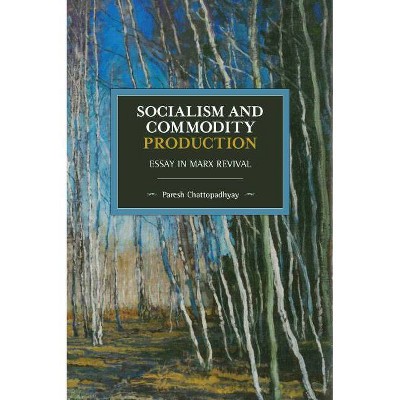
Similar Products
Products of same category from the store
AllProduct info
<p/><br></br><p><b> About the Book </b></p></br></br>Chattopadhyay convincingly shows that Marx's conception of socialism bears little resemblance to the single-party states often termed "socialist."<p/><br></br><p><b> Book Synopsis </b></p></br></br><p>"Socialism" is a word that is now habitually taken to refer to a particular social system that prevailed in different parts of the globe during the twentieth century. This system was defined primarily by single-party rule with public (mainly state) ownership of the means of production along with a centrally planned economy. Its material base was generalised commodity production. The spokespersons of this system claim that this socialism was derived from Marx.</p><p><br /> Paresh Chattopadhyay's <em>Socialism and Commodity Production </em>argues the falsity of this claim. On the basis of a comprehensive study of Marx's own texts, as well as a detailed engagement with a wide variety of theorists of socialist economics, it shows that Marx's socialism constituted an "Association" of free individuals in which private ownership, the commodity, wage labor and the state have no place.</p><p/><br></br><p><b> About the Author </b></p></br></br><p><strong>Paresh Chattopadhyay</strong>, State Doctorate in Economic Sciences (1964), University of Paris, has published many articles, as well as the book <em>The Marxian Concept of Capital and the Soviet Experience</em> (Praeger, 1994; translated into Japanese in 1999). He is Professor of Political Economy in the Faculty of Human Sciences, University of Quebec in Montreal.</p>
Price History
Price Archive shows prices from various stores, lets you see history and find the cheapest. There is no actual sale on the website. For all support, inquiry and suggestion messagescommunication@pricearchive.us
